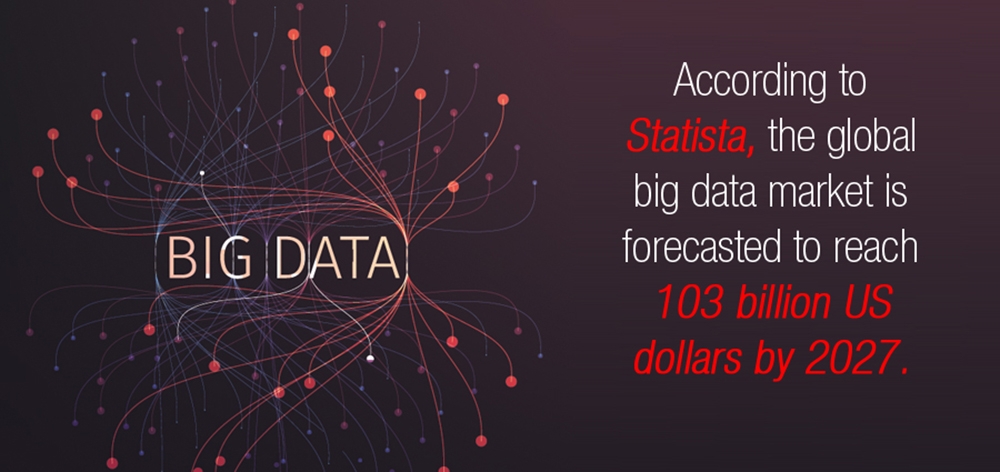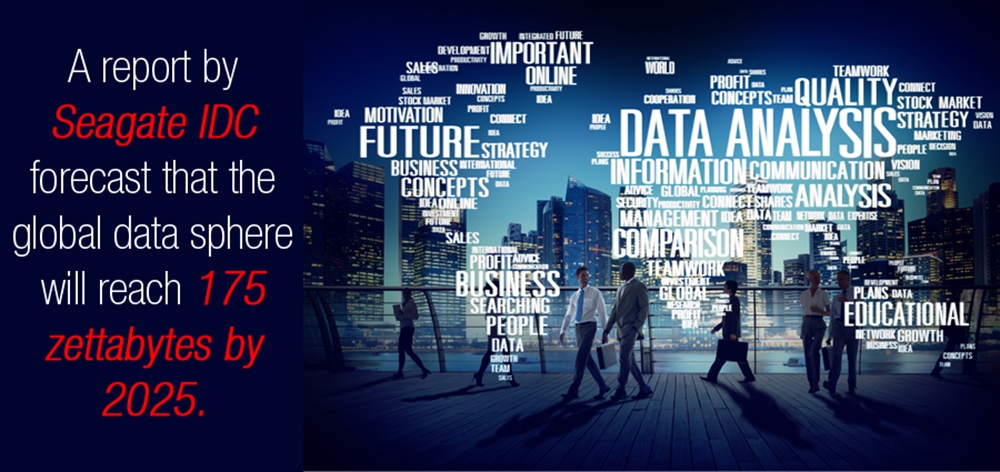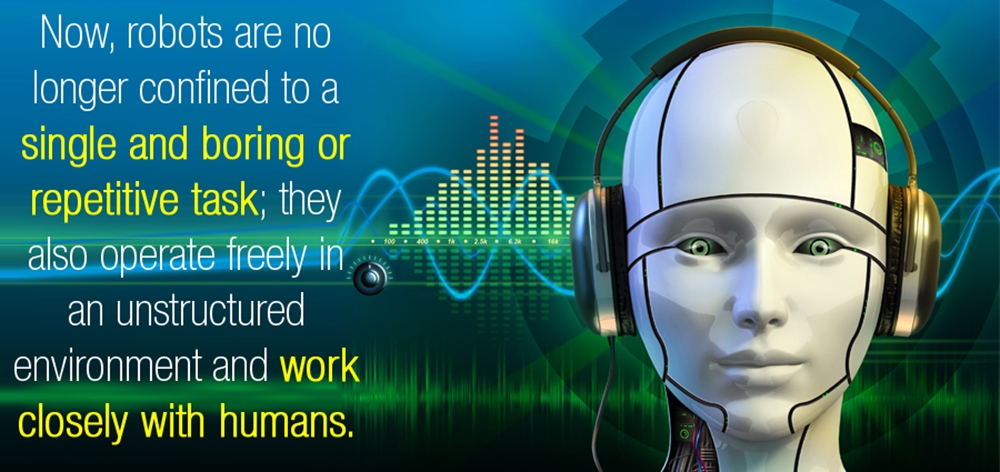The concept of big data isn’t new to businesses, the workforce, and society at large. Big data has been around for some years. However, so many organizations just realize the benefits it offers in gaining insight, uncovering trends for immediate actions, and improving productivity.
Big data is used to refer to data sets that are complex or too large to be processed using traditional data processing applications. Big data also involves examining large and complex data sets to uncover hidden information that includes market trends, unknown correlations, hidden patterns, customer preference, and many more. It can also be described as the process of gathering and analyzing the massive amount of data to make informed business decisions.
Usually, this type of data is aggregated over social media networks, web browsers, geo-locations, fitness apps, text messages, and other media files. Some of the key drivers of big data market growth are sensors and IoT devices.
According to Statista, the global big data market is forecasted to reach 103 billion US dollars by 2027.

This is more than double its expected market size in 2018. The software segment is expected to become the largest big data market segment by 2027, with a share of 45%.
As the data set continues to grow, organizations are now looking to the cloud to help manage, analyze, and store big data in order to remain competitive, streamline processes, and stay ahead of their competitors. In fact, a 2016 survey by Gartner shows that organizations are shifting from big data to the problems it can solve. According to the survey, 48% of companies invested in big data in 2016, while the number fell to 25% by 2018. This is because organizations have understood that the concept of big data isn’t just about a specific technology, but the business problem that it can address and that its success depends on a holistic strategy that is centered around data and infrastructure, business outcomes, and skilled personnel’s.
Impact of big data on business, workforce, and society
Big data offers endless opportunities; its impact can be felt in all sectors of the economy.
Impact on Business
As global data continue to increase, organizations are even looking for new ways to optimize these data and make an informed business decision while remaining competitive. One of the major impacts that big data has on businesses is the growing amount of data generated due to the increased reliance on the internet and the rapid advancement in technology. In fact, a report by Seagate IDC forecast that the global data sphere will reach 175 zettabytes by 2025.

Big data also provides fast and actionable data insight to help businesses make informed decisions. By using analytical data platforms, companies can improve their operation, automate tasks, remain competitive and design more big data use cases
Furthermore, a major challenge faced by organizations as a result of big data is the issue of data privacy and security, which is caused by a cyberattack, security skill gap, and irregular adherence to security standards. Although governments are now establishing standards aimed at preventing cyber-attacks and helping organizations secure their customer’s information. Other large organizations that are interested in protecting their reputations are also putting in place the right measures of improving customers’ privacy and reducing cyber-attacks.
Impact on Workforce
Big data does not only impact the business world, but its effect on today’s workforce is also enormous. At the moment, so many organizations rely on the internet to communicate with their customers, make sales, and increase productivity. To control the huge data set generated on the internet, there is a need to employ the services of skilled data scientists.
Already, there are so many institutions and online courses providing big data certifications. This is due to the increase in demand for data scientists, which is expected to rise by 16% by 2028, according to a report by Indeed.com.
At the moment, there is a skill gap created by the lack of data scientists. Companies are facing a shortage of skilled candidates; in so many organizations, the analytics position remains vacant due to this. In the future, where there will be so much unstructured data to manage, new software, and technologies to deal with, it is even expected that more companies will suffer from this gap.
Due to this, organizations are restrategizing and relying more on RPA and physical robots to carry out mundane tasks such as data sourcing and cleansing. Simultaneously, the few professionals available are involved in data analysis and making informed business decisions.
Impact on Society
The impact of big data on society is endless. In the manufacturing sector, the use of big data has led to an increase in industrial automation and the use of robots to create smart and more capable machines. Now, robots are no longer confined to a single and boring or repetitive task; they also operate freely in an unstructured environment and work closely with humans.

In the health sector, big data has also changed how customer’s information is stored, leading to increased security and privacy. Other sectors that have witnessed a radical change due to the evolution of big data include the financial sector, the retail sector, the aviation, and the transport sector, among many others.
Conclusion
Finally, big data is indeed the future of the enterprise; it provides an endless opportunity for organizations to outperform their peers. The use of big data will also lead to an increase in more job categories, new regulatory structures and standards, and a shift by organizations from data generation to the use of actionable data in gaining insight.
However, it is essential to note that every organization has its own unique need and requires a different big data approach. Therefore, by making the right use of these endless possibilities offered by big data, organizations can save money, automate processes, streamline tasks, add business value, and stand out from their competitors.
Dr. Gaddam is a seasoned entrepreneur who launched three successful technology companies in the last seventeen years. Dr. Gaddam’ s greatest accomplishment lies in raising ERP Analysts, Inc. from a two-person organization to an eighty-five million firm. ERP Analysts, Inc. has been recognized as one of the fastest-growing companies by Inc. 5000 for ten years, Deloitte Fast 500, & Business First Fast 50 for several years. ERP Analysts is recognized as a “Best Places to Work” in Ohio for several years (erpagroup.com). Dr. Gaddam graduated the Doctor of Management (DM) from Case Western Reserve University, MBA from the Ohio State University, and the Owner/President/Management program (OPM 43) from Harvard Business School. He is the author of the book “Destination Success: Discovering the Entrepreneurial Journey” and also co-author of “Roadmap to Success,” with Deepak Chopra, Ken Blanchard, and other entrepreneurial leaders.





